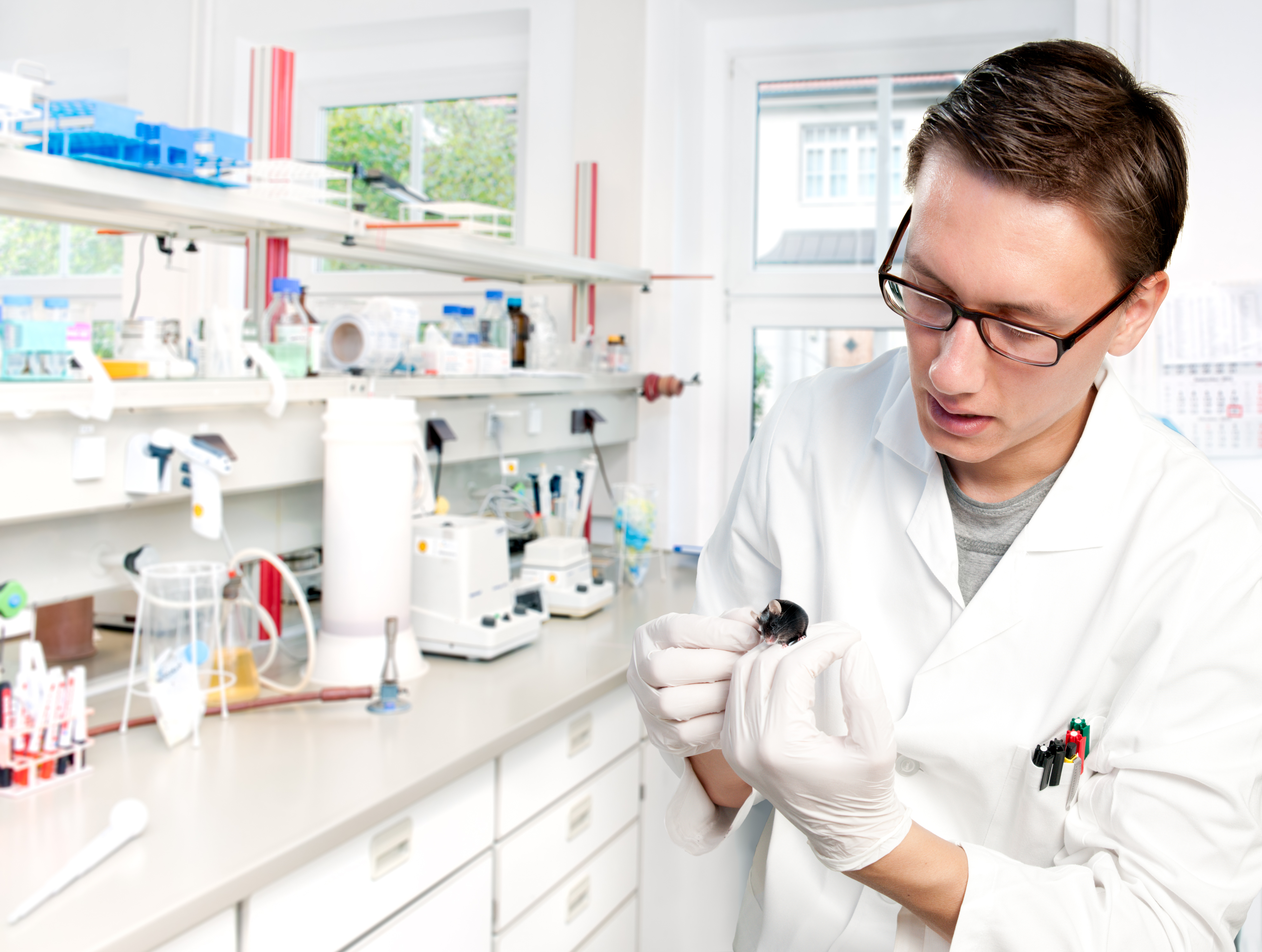New Promising Therapeutic Strategy for Pulmonary Fibrosis Based on Uridine
Written by |

A new study recently published in the journal Respiratory Research revealed that a uridine-based therapy can improve pulmonary fibrosis symptoms in a mouse model. The study is entitled “Uridine supplementation exerts anti-inflammatory and anti-fibrotic effects in an animal model of pulmonary fibrosis,” and was developed by researchers at University Hospital Freiburg and University Hospital RWTH Aachen in Germany.
Pulmonary fibrosis is an aggressive, progressive fatal lung disease in which the alveoli and the lung tissue are damaged, becoming thick and scarred (fibrosis due to excessive collagen deposition), leading to severe breathing difficulties and a compromised oxygen transfer between the lungs and the bloodstream. The disorder is characterized by a shortness of breath that gradually worsens, with respiratory failure being the main cause of death associated with it. There is no cure for pulmonary fibrosis and only a few treatment options are available. It is estimated that almost 130,000 individuals in the United States and 5 million worldwide suffer from the disease. Pulmonary fibrosis has a particularly poor prognosis and around two-thirds of the patients die within five years after being diagnosed.
Recently, therapy based on the nucleoside uridine, one of the five standard molecules that compose nucleic acids, has been shown to have a positive anti-inflammatory effect in animal models of lung diseases, namely acute lung injury and bronchial asthma.
In the study, researchers investigated the possible therapeutic properties of uridine supplementation on inflammation and fibrosis on a widely used animal model where lung injury and fibrosis is induced by intratracheal injection of bleomycin.
Researchers found that uridine administration caused attenuation of the inflammation in the animal models through a decrease in the levels of pro-inflammatory cytokines and white blood cells (leukocytes). In addition, uridine treatment also inhibited the synthesis of transforming growth factor (TGF)–beta and collagen, leading to a reduction in collagen deposition in the lung, and the production of harmful reactive oxygen species.
The research team concluded that uridine-based therapy offers anti-inflammatory and anti-fibrotic effects in animal models of pulmonary fibrosis. Uridine supplementation has been previously shown to be safe and well-tolerated in humans as a treatment to reduce mitochondrial toxicity linked to antiretroviral therapy; therefore, uridine supplementation might represent a new, safe and effective therapeutic strategy for pulmonary fibrosis in humans.





